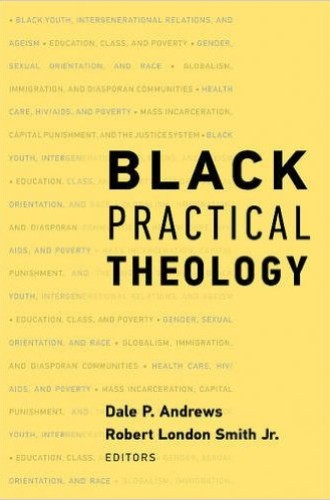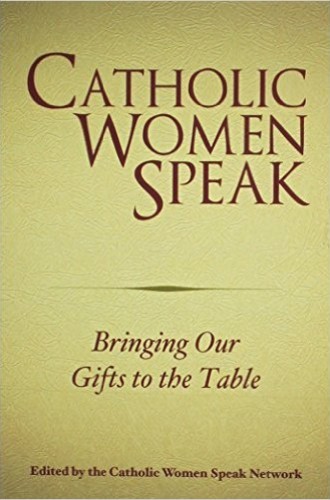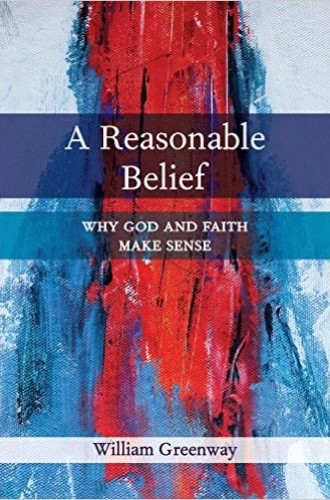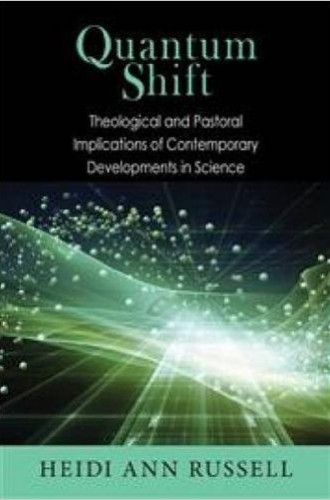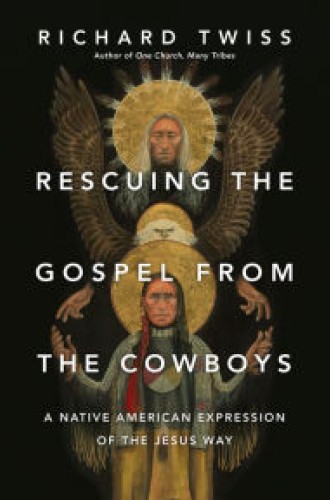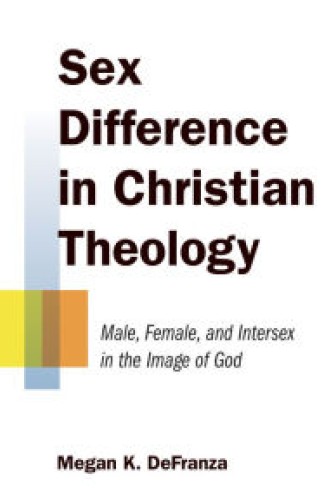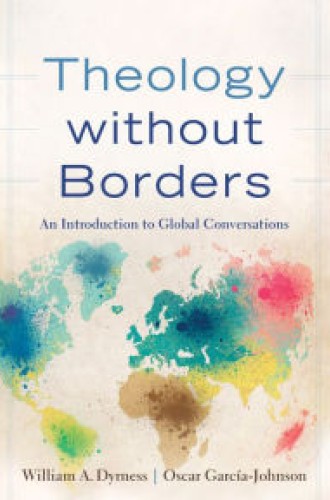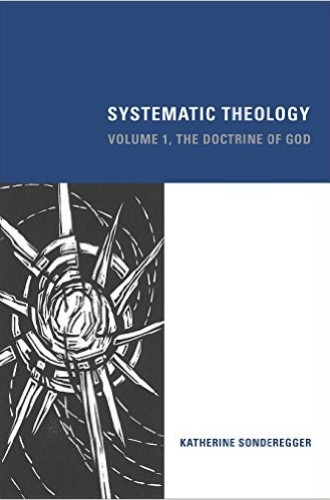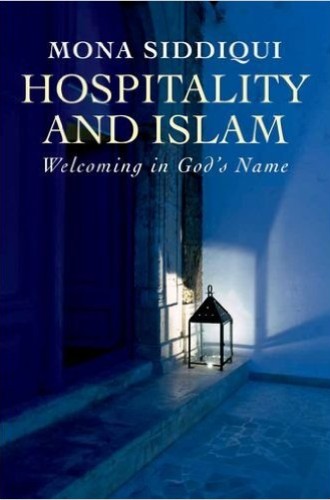Theology
Black Practical Theology, edited by Dale P. Andrews and Robert London Smith Jr. This excellent handbook on practical theology is structured by “trialogues” between black church leaders, practical theologians, and prominent scholars in Bible, theology, and ethics. The result is a wide-ranging, interdisciplinary approach to issues that concern all Christian communities, including education, poverty, gender, race, immigration, HIV/AIDS, and the justice system.
Catholic Women Speak: Bringing Our Gifts to the Table, edited by the Catholic Women Speak Network. This volume brings together the voices of 44 Catholic women from around the world in a pointed response to the absence of women at the bishops’ 2014 and 2015 Synods on the Family. With candor and passion, the authors address family-related issues from contraception and sexual orientation to poverty and migration.
A Reasonable Belief: Why God and Faith Make Sense, by William Greenway. Greenway argues that modern secularism is unable to attend to the full range of human experiences of suffering and love. He tackles difficult topics in philosophical theology with a winsome clarity, making the case for a generous theism.


